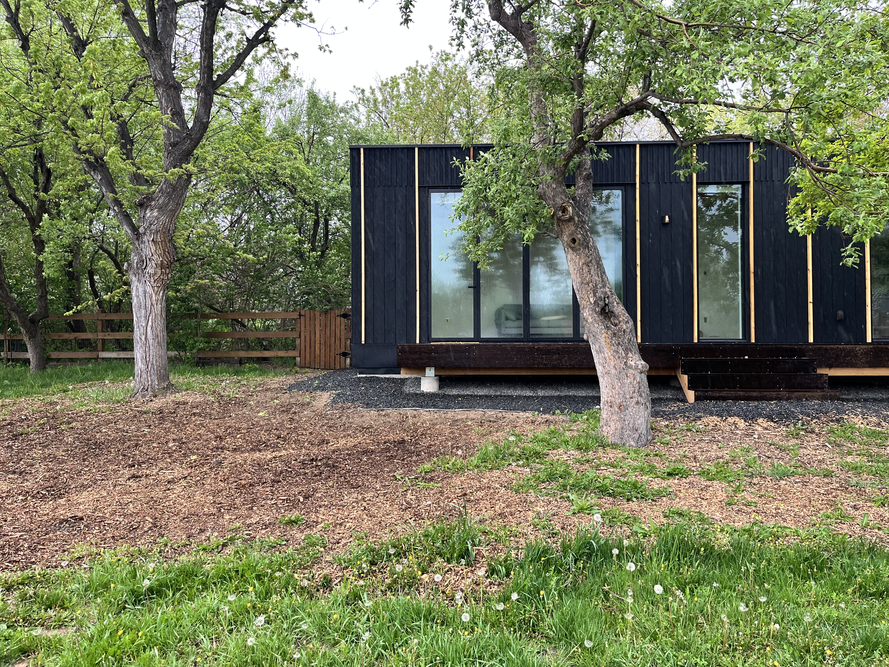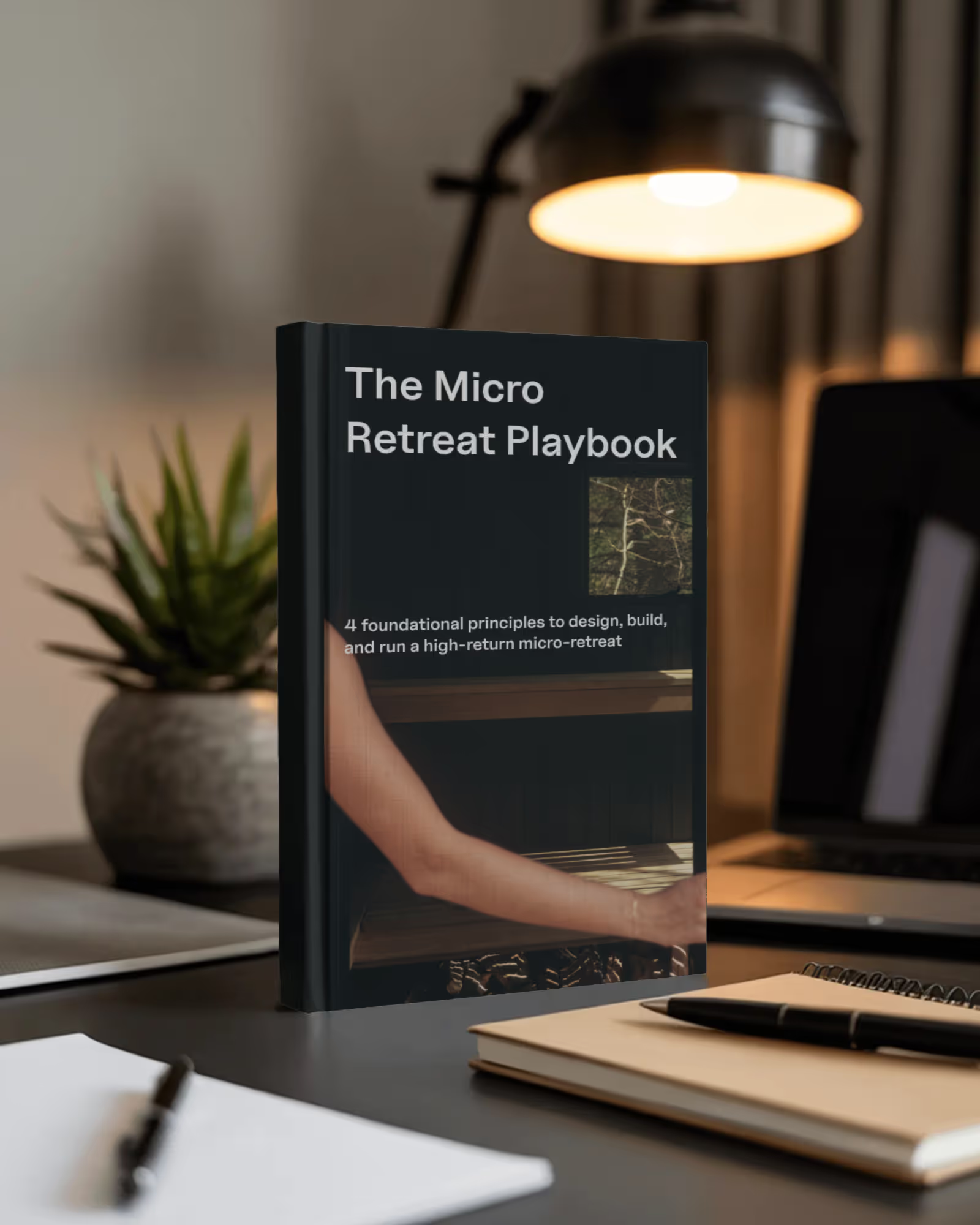How to Finance an ADU in Colorado
As accessory dwelling units (ADUs) continue to gain momentum across Colorado—from Denver’s urban neighborhoods to the serene mountain towns of Boulder, Durango, and beyond—one of the biggest questions homeowners face is: how do I finance an ADU build?
Whether you're building a backyard rental unit, a guest house for family, or a private home office, understanding the financing options for ADUs in Colorado is a critical first step.
In this article, we’ll break down the most popular ways to finance an ADU, what types of loans are available, and what Colorado homeowners need to consider when exploring their options.
What Is an ADU?
An accessory dwelling unit (ADU) is a secondary housing structure located on the same lot as a primary residence. In Colorado, ADUs come in many forms:
- Detached tiny homes or prefab cabins
- Converted garages or basements
- Over-garage studio apartments
- Modular guest houses with full kitchens and bathrooms
Thanks to statewide zoning reforms and city-level code changes, ADUs are now easier to build than ever. Cities like Denver, Boulder, and Colorado Springs have streamlined permitting, and state legislation is encouraging more flexible land use.
But while regulations are easing, financing an ADU still requires planning. Let’s look at the most viable options available today.
The 7 Most Common Ways to Finance an ADU in Colorado
1. Home Equity Loan (HEL) or Home Equity Line of Credit (HELOC)
Ideal for: Homeowners with significant equity and stable income
How it works: You borrow against the equity you've built up in your home.
- HELs provide a lump sum with a fixed interest rate and repayment schedule.
- HELOCs are flexible credit lines, often with variable rates, that you can draw from as needed.
Why it’s popular for ADUs:
ADUs are considered property improvements, so lenders generally approve HELs and HELOCs more readily for them. You’ll retain full ownership and control over your project.
Colorado Lenders to Consider:
2. Cash-Out Refinance
Ideal for: Homeowners with low interest rates on their mortgage and high property values
How it works: You refinance your mortgage for a higher amount and take the difference as cash.
Example: If you owe $300,000 on a $500,000 home, you might refinance for $400,000 and get $100,000 cash to fund your ADU.
Pros:
- Lower interest rates than personal loans
- Consolidates your mortgage and ADU financing into one payment
Cons:
- Restarting your mortgage term
- Closing costs and appraisal required
Colorado Lenders to Explore:
3. Renovation and Construction Loans
Ideal for: Ground-up or complex ADU builds
How it works: Short-term loans that cover the construction phase, often converted into a long-term mortgage after completion.
- FHA 203(k): Government-backed loan for renovating or improving a primary residence—including building an ADU
- Fannie Mae HomeStyle® Loan: Conventional loan that allows financing for new ADU construction
- Construction-to-perm loans: Combine land + construction + mortgage in one
Colorado-Savvy Lenders:
Tip: These loans often require working with licensed contractors and submitting detailed project plans, so partnering with an experienced ADU builder is crucial.
4. Personal Loans or Credit Lines
Ideal for: Smaller ADU projects or homeowners with excellent credit
How it works: Unsecured loans based on your credit score and income, typically with fast approval.
- Easier and faster to obtain than mortgage-based loans
- Higher interest rates and shorter repayment periods
- No collateral required
When to use:
For interior finishes, accessory upgrades (like a sauna or solar), or as a gap fund alongside another financing source.
Online Lenders to Check:
5. Private or Hard Money Loans
Ideal for: Investors, short-term rental hosts, or homeowners who don’t qualify for traditional lending
How it works: Asset-based loans with higher rates but faster approval and fewer requirements.
- Typically used by real estate developers or cash-heavy buyers
- Can be risky if you’re not planning for quick repayment
Tip: Seek out local private lenders in Colorado who understand ADU zoning and permitting timelines.
6. Government & Municipal ADU Incentive Programs
Ideal for: Low-income households, seniors, or homeowners supporting affordable housing
What’s available in Colorado (as of 2025):
- Denver ADU Pilot Program: Offers design and permitting assistance + potential grants for income-restricted units
- Boulder Affordable ADU Program: Supports homeowners who build and rent ADUs at below-market rates
- Colorado Department of Local Affairs (DOLA): Occasionally funds ADU-related development under housing stability grants
How to find active programs:
- Visit your city planning department website
- Search “ADU incentives” + your city
- Contact a local ADU builder familiar with these programs
7. Alternative ADU Financing Models
Ideal for: Homeowners with little upfront capital but space to build
What it is: Companies that fund the cost of an ADU and share revenue with you or place a lien on future rental earnings.
These models open up ADU access to homeowners who couldn’t otherwise qualify for traditional loans.
What to Consider When Choosing an ADU Financing Option
Before selecting a financing method, think through:
- Permitting Requirements: Some loan types require approved plans before closing.
- Construction Timeline: Longer builds may need interest-only loans or draw-based financing.
- Credit & Income: Unsecured loans require strong financials; equity-based loans may be more flexible.
- Rental Plans: Planning to rent out your ADU? Make sure your loan structure doesn’t restrict income-generating use.
- Total Project Budget: Include site prep, utilities, foundation, landscaping, and contingency funds—not just the cabin or unit.
Final Thoughts: Financing Your ADU the Smart Way
There’s no universal answer to “how should I finance my ADU?” in Colorado—but there is likely a model that fits your goals.
Whether you’re tapping into your home equity, refinancing, securing a construction loan, or partnering with a creative ADU finance platform, you’ll want to:
- Work with a lender who understands local zoning
- Choose a financing structure that matches your project timeline
- And partner with a builder who can guide you through feasibility, design, and permitting
Want to explore the best prefab ADU builders, zoning tips, or rental income strategies for your property in Colorado? Check out our other articles or speak to an ADU planning expert.







